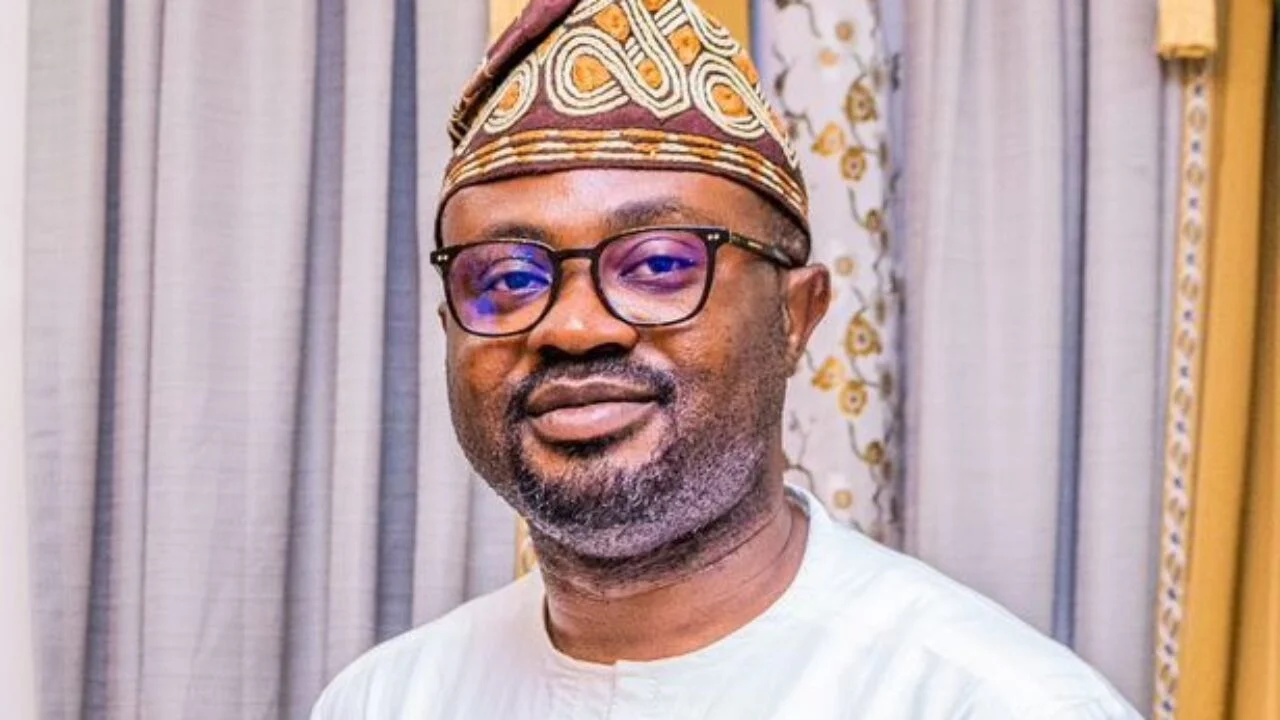
Barbara Bako, Abuja.
The Managing Director/CEO of the Nigeria Deposit Insurance Corporation (NDIC), Mr Bello Hassan has revealed that prompt payment of more 84.98 percent of liquidated Heritage Bank customers was enabled by the use of Bank Verification Numbers (BVN).
The NDIC boss said this during the 21st edition of the NDIC Workshop for Business Editors and the Finance Correspondents Association of Nigeria (FICAN) themed “Strengthening Nigeria’s Financial Safety-Net – The Role of Deposit Insurance,” which was held in Lagos.
According to him, the Central Bank of Nigeria (CBN) recently revoked Heritage Bank’s licence on June 3, 2024, which is a stark example of the NDIC’s vital role in safeguarding depositors and upholding financial stability in the banking industry.
According to him, acting under the relevant provisions of the Banks and Other Financial Institutions Act (BOFIA) 2020 and the NDIC Act 2023, the NDIC was appointed liquidator to manage the orderly resolution of the bank and oversee the payment of its depositors and other claimants.
He said, the Corporation started paying insured deposits, up to a maximum of N5 million per depositor, in just four days following the bank’s closure, fulfilling the crucial duty of depositor reimbursement.
This was accomplished without the need for paperwork or in-person visits to NDIC offices by employing Bank Verification Numbers (BVN) as a distinct identifier to find depositors’ alternative accounts in other banks.
“This innovative approach has indeed, enabled the payment of 84.98% of depositors with BVN-linked accounts to date.
“The prompt payment of depositors, coming at a time when the Corporation had also recently increased the deposit insurance coverage from N500,000 to N5m in Deposit Money Banks, significantly cushioned the negative impact of bank failure, especially during the current challenging economic climate”, he said.
He further stated, “this achievement is consistent with the provisions of the International Association of Deposit Insurers (IADI) Core Principle 15, which emphasises timely payouts to depositors of failed banks”.
Hassan stated that the Corporation is dedicated to making sure that depositors with amounts greater than N5 million receive the remaining portion of their deposits, despite having already mostly reimbursed depositors for their insured deposits.
The uninsured deposits, according to him, make up a sizeable share of all the deposits made at Heritage Bank.
In this regard, he added, the Corporation is already making great efforts to guarantee that all depositors holding amounts exceeding the N5 million maximum insured amount receive liquidation dividends from the sale of the bank’s assets and the repayment of debts.
“The Corporation has already initiated the process of debt recovery and realisation of investments and physical assets of the defunct bank to ensure timely payment of the uninsured deposits of the defunct bank”, he said.
Furthermore, Hassan stated that the NDIC’s obligations also include paying the defunct Heritage bank’s creditors, who will get their money only after all depositors have been fully paid.
“This orderly process, based on asset realisation and priority of claims, is essential in maintaining public trust in the banking system and promoting financial stability.
“The handling of the Heritage Bank liquidation illustrates the broader role of the NDIC in ensuring that even in times of financial disruption, depositors can be rest assured that their funds are protected,” he said.
READ ALSO: Cardoso champions africa’s voice at bretton woods 80th forum
Hassan assured that the NDIC will not waver in its commitment to safeguard depositors and work with the Central Bank of Nigeria (CBN) to maintain the stability of the banking industry, which is essential to the expansion and improvement of the country’s economy, even as the Nigerian financial system continues to change and face new obstacles.
He noted that confidence is key in the maintenance of financial system stability and the role of deposit insurance cannot be overemphasized.
“As one of the safety nets, it reassures depositors, thereby instilling trust in the banking system and preventing bank runs during times of uncertainty.
“ Over the years, the NDIC has been instrumental in promoting stability by ensuring that when banks fail, depositors are protected, and their funds are reimbursed promptly,” he said.










